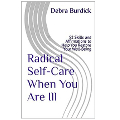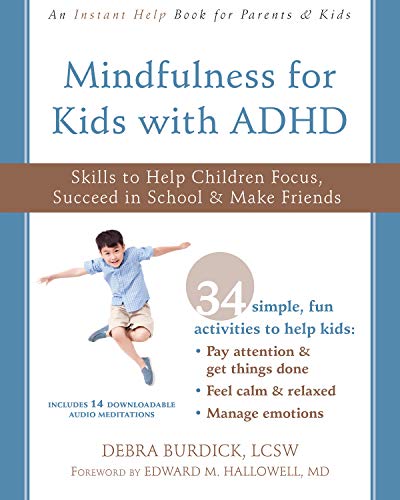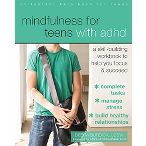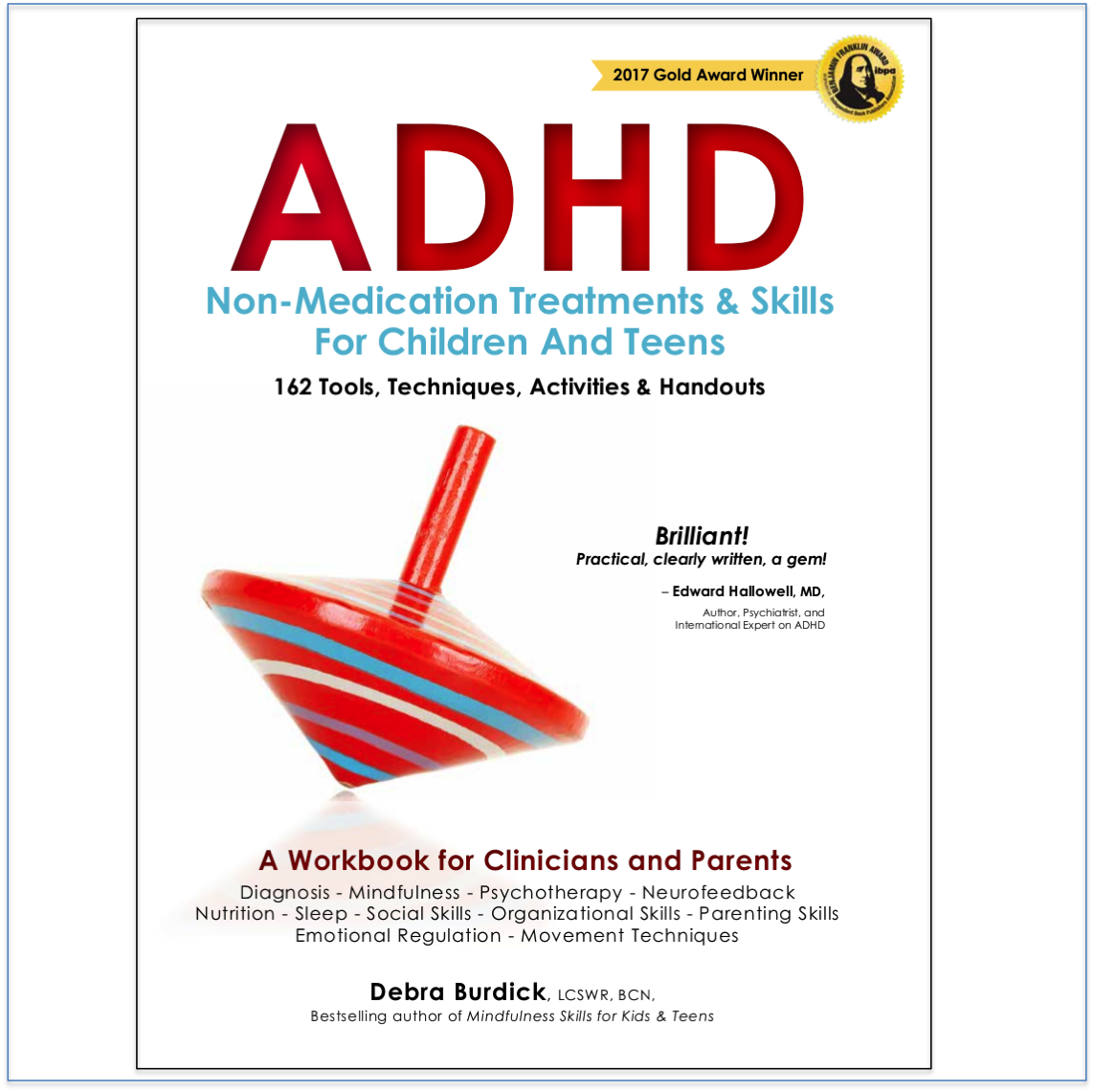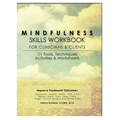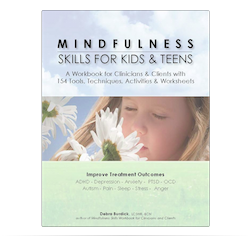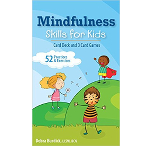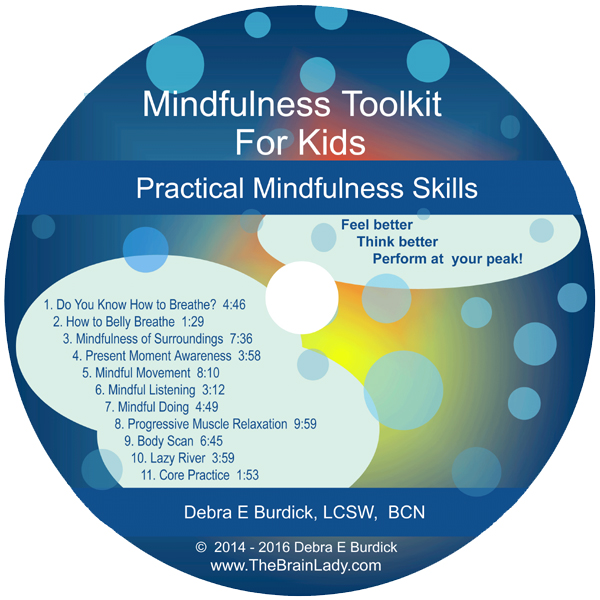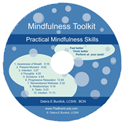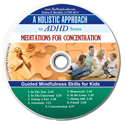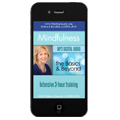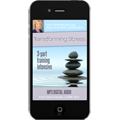Depression
 Major depression is a mood disorder characterized by a depressed mood and/or loss of pleasure in activities nearly every day for at least two weeks. It can be acute or chronic.
Major depression is a mood disorder characterized by a depressed mood and/or loss of pleasure in activities nearly every day for at least two weeks. It can be acute or chronic.
Diagnostic criteria for Major Depressive Episode
- Five (or more) of the following symptoms have been present during the same 2-week period and represent a change from previous functioning; at least one of the symptoms is either
-
- depressed mood or
- loss of interest or pleasure.
- Depressed mood most of the day, nearly every day, as indicated by either subjective report (e.g., feels sad or empty) or observation made by others (e.g., appears tearful).
Note: In children and adolescents, can be irritable mood. - Markedly diminished interest or pleasure in all, or almost all, activities most of the day, nearly every day (as indicated by either subjective account or observation made by others)
- Significant weight loss when not dieting or weight gain (e.g., a change of more than 5% of body weight in a month), or decrease or increase in appetite nearly every day.
Note: In children, consider failure to make expected weight gains. - Insomnia or Hypersomnia nearly every day
- Psychomotor agitation or retardation nearly every day (observable by others, not merely subjective feelings of restlessness or being slowed down)
- Fatigue or loss of energy nearly every day
- Feelings of worthlessness or excessive or inappropriate guilt (which may be delusional) nearly every day (not merely self-reproach or guilt about being sick)
- Diminished ability to think or concentrate, or indecisiveness, nearly every day (either by subjective account or as observed by others)
- Recurrent thoughts of death (not just fear of dying), recurrent suicidal ideation without a specific plan, or a suicide attempt or a specific plan for committing suicide
-
- The symptoms do not meet criteria for a Mixed Episode.
- The symptoms cause clinically significant distress or impairment in social, occupational, or other important areas of functioning.
- The symptoms are not due to the direct physiological effects of a substance (e.g., a drug of abuse, a medication) or a general medical condition (e.g. hypothyroidism).
- The symptoms are not better accounted for by Bereavement, i.e., after the loss of a loved one, the symptoms persist for longer than 2 months or are characterized by marked functional impairment, morbid preoccupation with worthlessness, suicidal ideation, psychotic symptoms, or psychomotor retardation.
Note: Does not include symptoms that are clearly due to a general medical condition, or mood-incongruent delusions or hallucinations.
Reprinted with permission from the Diagnostic and statistical Manual of Mental Disorders, Fourth Edition, Text Revision. Copyright 2000 American Psychiatric Association.
TREATMENT
 Depression is improved with psychotherapy, Neurofeedback, mindfulness skills, regular physical exercise, and proper diet. Symptoms can be decreased by taking anti-depressant medications.
Depression is improved with psychotherapy, Neurofeedback, mindfulness skills, regular physical exercise, and proper diet. Symptoms can be decreased by taking anti-depressant medications.
I worked with a woman who had spent several weeks in an inpatient unit at a psychatric hospital due to a suicide attempt. When she was released she was treated for months in an Intensive Outpatient Program, continued taking anti-depressant medications, had cranial sacral work done, and practiced DBT skills, but was still experiencing suicidal thoughts every day. I combined Cognitive Behavioral therapy with Neurofeedback. After only two weeks she stated that she no longer had the suicidal thoughts – for the first time in many months. Her mood improved gradually and steadily over the course of 26 sessions. Her total symptom rating score improved from 89 at treatment start to 5 at the last session! She stated she wished she had been treated with Neurofeedback when she was inpatient because she was able to use all the skills she learned so much better after she did Neurofeedback. Here are her before and after symptom rating scores.
[table id=1 /]
Fill out this Depression Symptom Checklist and bring it with you to your first appointment with Deb.
Caution: The information presented here is for your reference only and should not be used to diagnose or treat any condition. It is not intended to substitute for the advice of you or your child’s medical doctor or mental health professional.
PLEASE NOTE: As of December 31, 2014 Deb has retired from her private practice and is no longer accepting new clients so that she can concentrate on writing and teaching. The above is for historical/informational purposes only.

